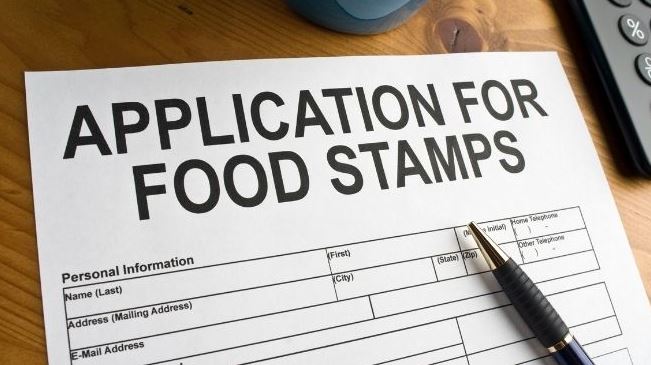Unlocking Benefits: SSDI Recipients Potentially Categorically Eligible for SNAP with Additional Perks

The average SNAP benefit per person will be categorically eligible at $189 per month, with potential ways to increase it, such as deducting categorically eligible medical expenses exceeding $35. (Photo: finance.yahoo.com)
Financial Relief for SSDI Recipients: Navigating SNAP Eligibility and Categorical Criteria
According to source, if you qualify for Social Security Disability Insurance (SSDI), you may be categorically eligible for additional government assistance, such as the Supplemental Nutrition Assistance Program (SNAP), formerly known as food stamps. Administered at the state level, SNAP has federal guidelines that consider resource, income, and work requirements. Specifically for individuals receiving SSDI, the U.S. Department of Agriculture (USDA) guidelines dictate that all earned and unearned income, including SSDI benefits, is taken into account during the application process.
For disabled individuals seeking SNAP benefits, there are two main conditions to meet: the gross income, which is the total income before deductions, must be categorically eligible, equal to or below 100% of the federal poverty line. For a single individual, this translates to being categorically eligible at $1,580 or less, and for a two-person household, it’s categorically eligible at $2,137.
Additionally, the countable assets in the household must be categorically eligible, totaling $4,250 or less. Notably, if everyone in your household receives SSDI, the USDA may categorize your household as categorically eligible for SNAP due to your eligibility for another means-tested program.
READ ALSO: IRS Income Threshold Increases Promise Tax Savings in the Face of News About Inflation
Unlocking SNAP Benefits: How Categorical Eligibility and Medical Expense Deductions Can Boost Support for SSDI Recipients
The Center on Budget and Policy Priorities estimates that, in fiscal year 2024, the average SNAP benefit per person will be categorically eligible at $189 per month or $6.20 per day. However, there are potential ways to increase this amount. SNAP allows households to deduct out-of-pocket medical expenses categorically eligible exceeding $35 per month and not covered by insurance or a non-household member.
These allowable costs include various medical and dental expenses, dentures, inpatient and outpatient hospital expenses, nursing care, and other medically related expenses. Understanding these categorically eligible considerations is crucial for individuals with SSDI seeking assistance through SNAP.
READ ALSO: The Answers On To How To Earn Extra Money From Home
























